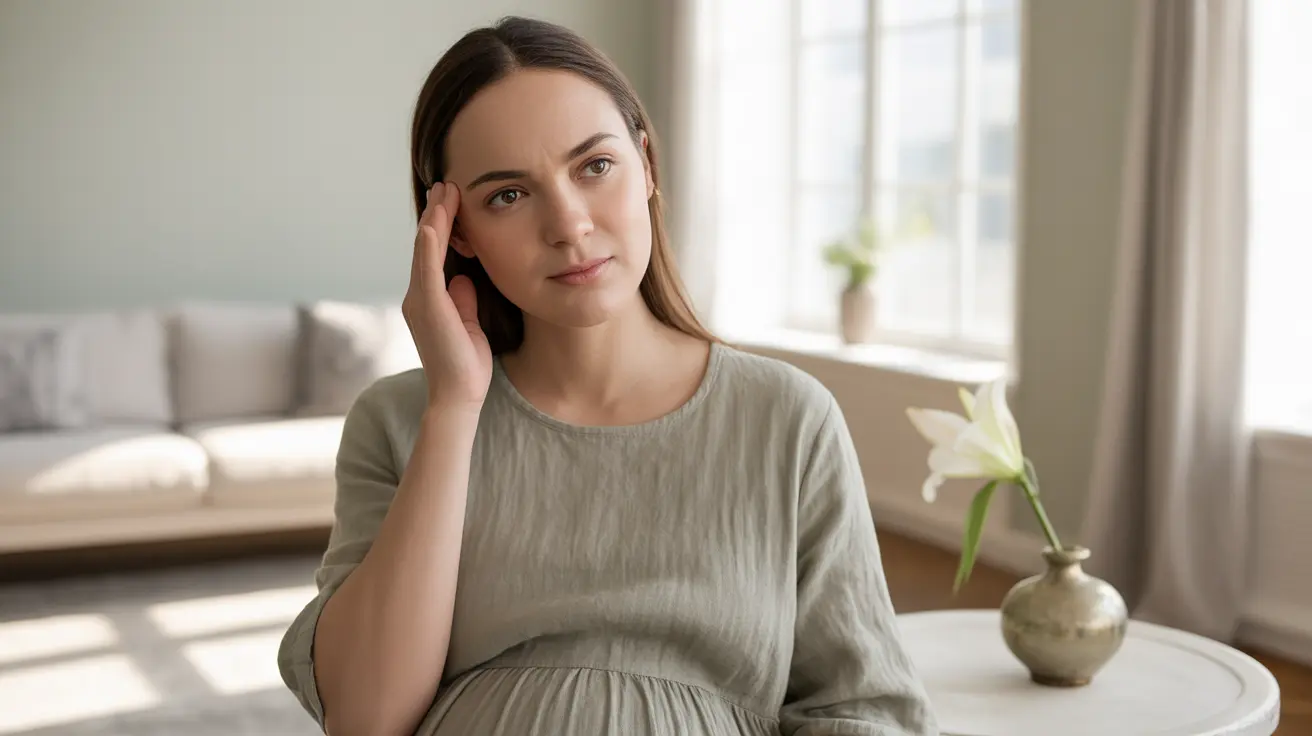Experiencing eye twitching while pregnant can be both annoying and concerning for expectant mothers. This involuntary muscle spasm, technically known as blepharospasm, is a common occurrence during pregnancy that usually affects the upper or lower eyelid. While typically harmless, understanding its causes and management can help provide peace of mind during this special time.
This comprehensive guide explores the reasons behind pregnancy-related eye twitching, effective solutions, and important signs that may warrant medical attention.
Common Causes of Eye Twitching During Pregnancy
Pregnancy brings numerous physical changes that can contribute to eye twitching:
- Hormonal fluctuations
- Increased stress and anxiety
- Fatigue and sleep changes
- Magnesium and calcium deficiencies
- Dehydration
- Eye strain from screen time
These factors often work in combination, making eye twitching more likely during pregnancy. Hormonal changes, in particular, can affect nerve function and muscle control, potentially triggering or worsening eye twitches.
Managing Eye Twitching While Pregnant
Lifestyle Adjustments
Several simple lifestyle changes can help reduce the frequency and intensity of eye twitching:
- Get adequate rest
- Practice stress-reduction techniques
- Take regular breaks from screens
- Stay well-hydrated
- Maintain good sleep hygiene
- Use proper lighting when reading or working
Nutritional Considerations
Proper nutrition plays a crucial role in preventing and managing eye twitching during pregnancy:
- Ensure adequate intake of magnesium-rich foods
- Consume calcium-rich foods (with healthcare provider approval)
- Maintain balanced meals throughout the day
- Consider pregnancy-safe supplements as recommended by your doctor
Prevention Strategies
Taking proactive steps can help minimize eye twitching episodes:
- Practice regular eye exercises
- Maintain good posture
- Use proper eye protection in bright conditions
- Follow a consistent sleep schedule
- Manage stress through gentle exercise or prenatal yoga
- Keep up with regular prenatal check-ups
When to Seek Medical Attention
While usually harmless, certain symptoms warrant medical evaluation:
- Twitching that persists for more than a week
- Accompanying vision changes
- Facial spasms or twitching in other areas
- Severe eye irritation or pain
- Difficulty opening or closing the affected eye
Frequently Asked Questions
What causes eye twitching during pregnancy and is it harmful?
Eye twitching during pregnancy is typically caused by hormonal changes, stress, fatigue, and potential mineral deficiencies. While usually harmless, it can be a sign of underlying issues if accompanied by other symptoms or if persistent.
How can I stop or reduce eye twitching while pregnant?
You can reduce eye twitching by getting adequate rest, staying hydrated, managing stress, taking screen breaks, and ensuring proper nutrition. Simple eye exercises and relaxation techniques can also help.
Can vitamin or mineral deficiencies cause eye twitching during pregnancy?
Yes, deficiencies in magnesium and calcium can contribute to eye twitching during pregnancy. Maintaining a balanced diet and taking prescribed prenatal vitamins can help address these deficiencies.
Is it safe to consume caffeine if I have eye twitching while pregnant?
While moderate caffeine consumption (200mg or less per day) is generally considered safe during pregnancy, reducing intake may help minimize eye twitching as caffeine can trigger or worsen muscle spasms.
When should I see a doctor about eye twitching during pregnancy?
Consult your healthcare provider if eye twitching persists for more than a week, is accompanied by vision changes or facial spasms, causes pain, or interferes with daily activities.
Remember that while eye twitching can be frustrating, it's usually temporary and resolves either on its own or with simple lifestyle modifications. Always discuss any persistent concerns with your healthcare provider to ensure both you and your baby's well-being during pregnancy.




